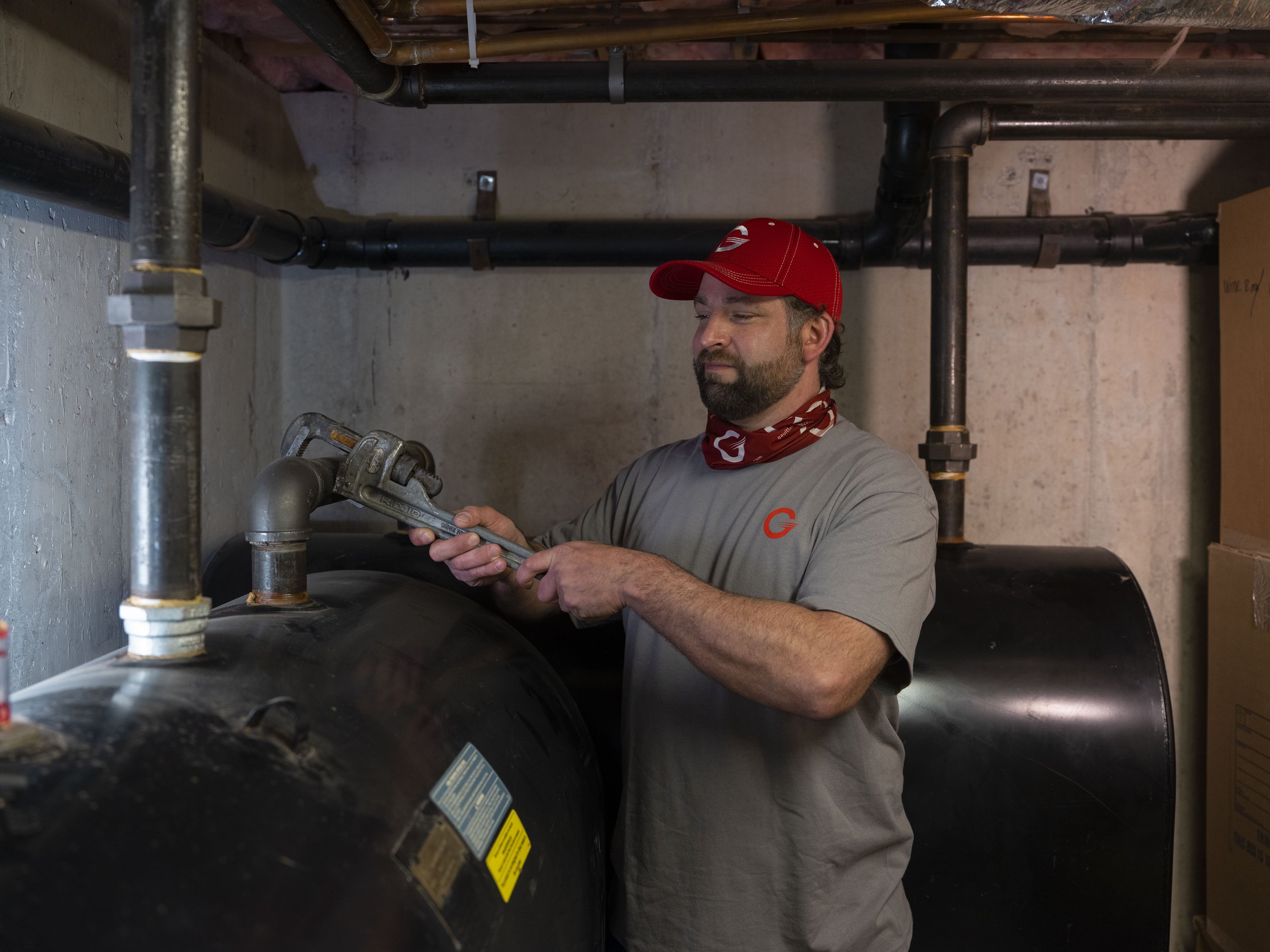DON'T GET CAUGHT UNDER WATER
14,000 people in the U.S. experience a water damage emergency each day which costs homeowners and insurers $9 billion annually! In the Northeast we unfortunately are more susceptible to water damage due to risk of frozen pipes. And if you’ve experienced any water damage in your home (which is 37% of us according to insurance industry research), you know that there is no messing around when it comes to protecting your home.
Our smart home system, Winston, has water protection solutions that allow you to monitor and control your home from your smartphone—anywhere, at any time. This simple system can save your home and save you thousands of dollars.
Winston Water Protection Package (check our special savings here!)
5 Water Sensors: Water sensors are placed in high-risk areas and will notify you via text or email when water is detected.
Automatic Water Shut-Off Valve: Connected to your home’s main water supply, the shut-off allows you to remotely turn off water to the home as well as set up automatic shut-off when water is detected by a sensor.
Winston HUB: The HUB is the control center for you Winston system. Connected to your homes Ethernet, it allows you to connect all Winston products together wirelessly.


















